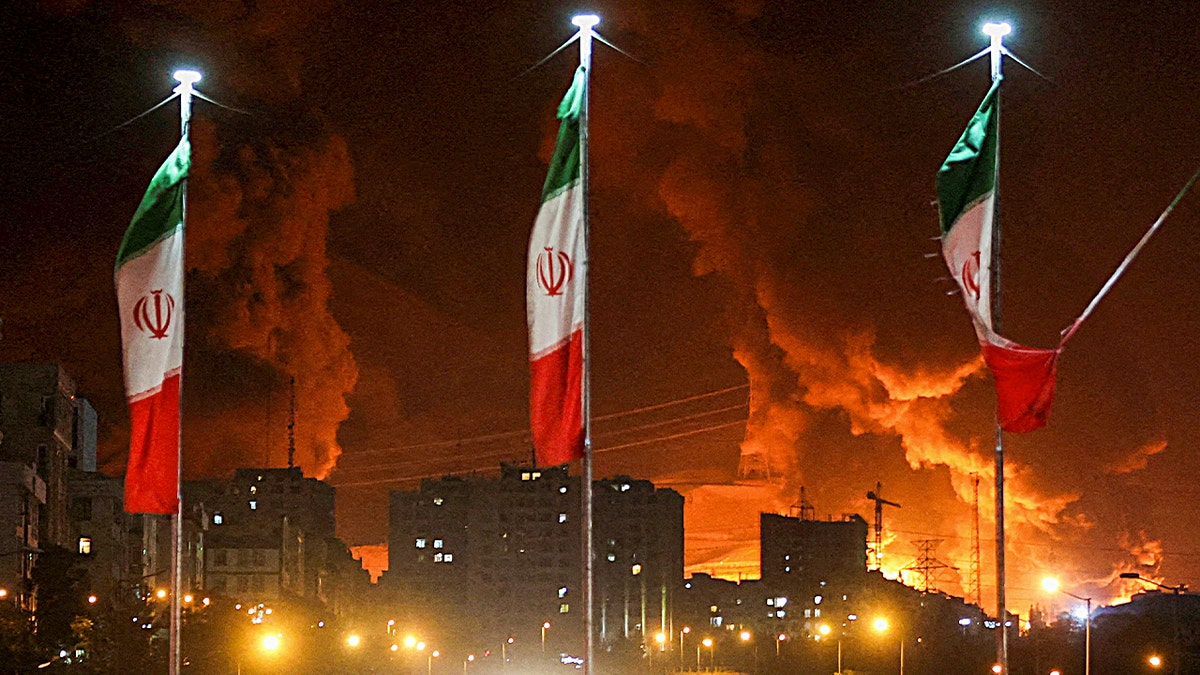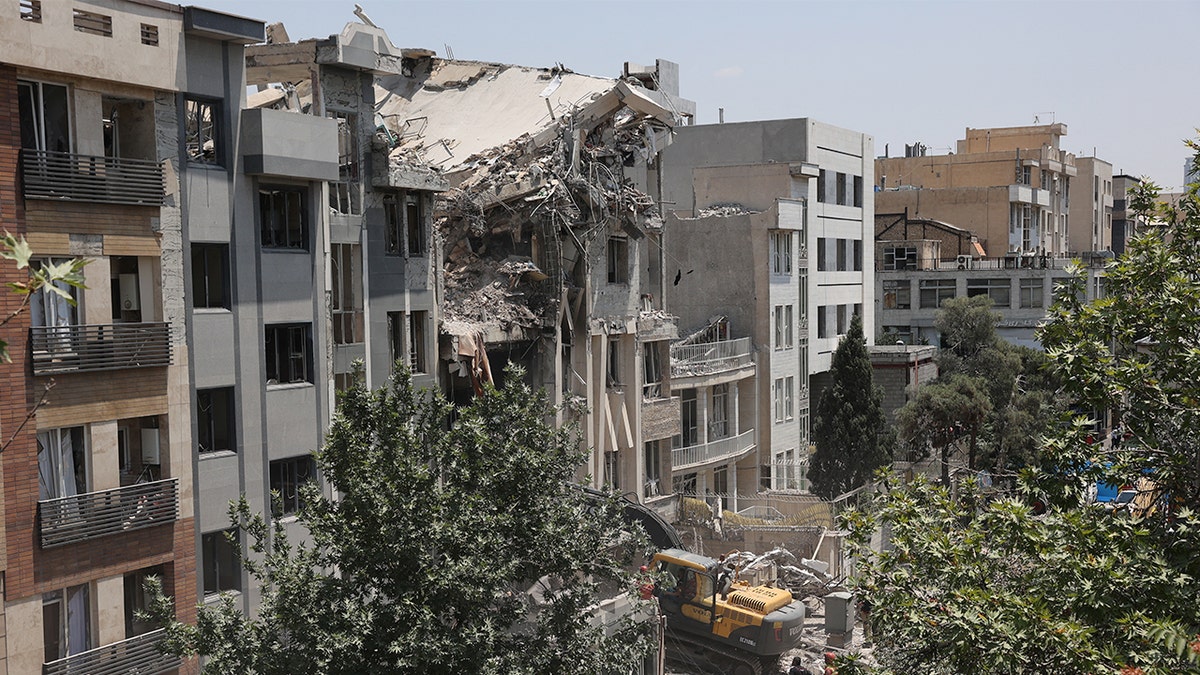Share this @internewscast.com
NEWYou can now listen to Fox News articles!
Israel’s preemptive strike on Iran not only represented a significant achievement for the nation, but also signaled a pivotal moment for the Middle East. A former IDF spokesperson noted that amidst the ongoing conflict in Gaza, Israel is focused on a chief objective: preventing Tehran from acquiring nuclear capabilities.
Lt. Col. (Ret.) Jonathan Conricus, who previously served as an IDF Spokesperson and is now a senior fellow at the Foundation for Defense of Democracies (FDD) and co-founder of “BottomLine Media,” explained to Fox News Digital that Israel is committed to eliminating what it deems an existential threat.
In the early morning hours on Friday, Israel executed a series of airstrikes and covert missions targeting Iranian infrastructure and high-ranking officials. On Saturday, the IDF announced it had killed over 20 Iranian commanders, including the head of Iran’s Intelligence Directorate and the leader of the nation’s surface-to-surface missile operations.

Iranian flags fly as fire and smoke from an Israeli attack on Sharan Oil depot rise, following Israeli strikes on Iran, in Tehran, Iran, on June 15, 2025. (Majid Asgaripour/WANA (West Asia News Agency) via Reuters)
Iran’s nuclear program has been the subject of policy debates and a source of regional tension for decades, as many Arab nations quietly oppose the regime. Following Israel’s attacks, several countries, including France and the U.K., reaffirmed their opposition to Tehran gaining a nuclear weapon, even while criticizing Jerusalem for its operation.
“Many countries behind the scenes are very positive and cheering on Israel and even sending messages of support and wishing us the best of luck against the Iranians because it would suit their strategic goals, and they’re happy that someone is standing up to the regional bully, which is Iran,” Conricus said.
The former IDF spokesperson told Fox News Digital that Israel dealt a significant blow to Iranian deterrence in the Middle East, which could change how other countries in the region respond to Tehran’s demands.

A building stands damaged in the aftermath of Israeli strikes, in Tehran, Iran, June 14, 2025. (Majid Asgaripour/WANA (West Asia News Agency) via Reuters)
“Before you know, 48 hours ago, I think if the Iranians threatened people then the level of fear and deterrence would have been reasonably high. Today, after the very humiliating defeats that the Iranians have suffered at the hands of Mossad and Israeli Air Force and special forces, I’m quite confident that Iranian deterrence has taken quite a significant hit and that the countries who perhaps before were very much deterred by the Iranians probably are less so today,” Conricus told Fox News Digital.
However, he noted that those countries still have an opportunity to assert themselves.
Conricus also believes that while “it’s too early in the game” to predict what this could mean for Iran domestically, there is a chance that the Iranian regime could be at stake. The country was already dealing with internal unrest prior to Israel’s attack as the population revolted against the regime’s quashing of basic rights and freedoms.
















